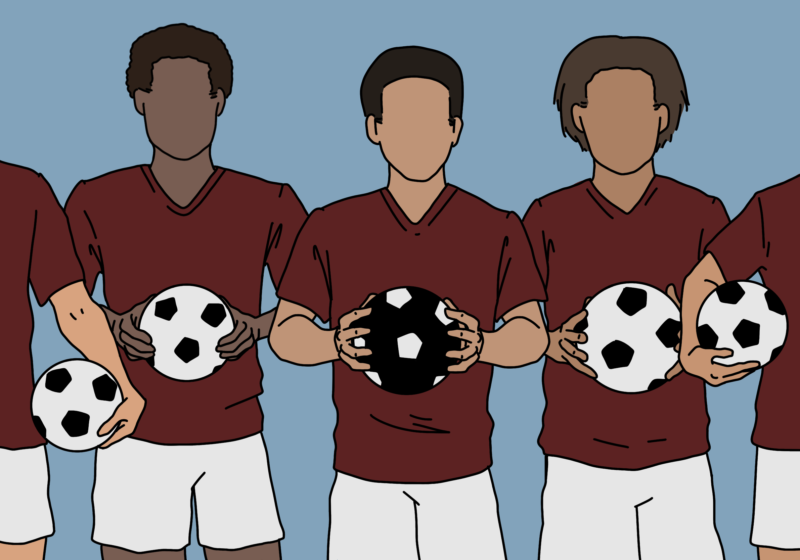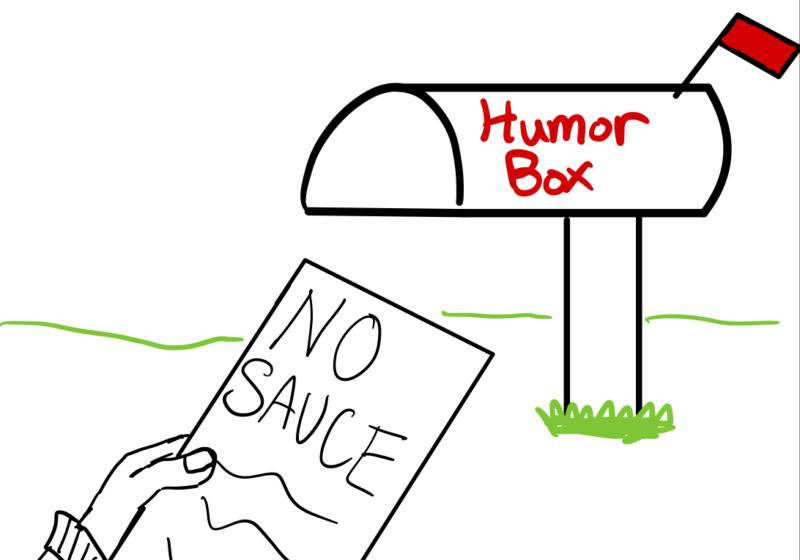Unless you’ve been living under a rock, you’ve certainly been hearing about Russia’s invasion of Ukraine. Amidst the bombardment of reporting on refugees, Russian air strikes, and fatalities, one other story stood out to me.
A week after the invasion began, Turkish soccer player Aykut Demir refused to wear an anti-war T-shirt with the rest of his team, citing his reason as the hypocritical and routine lack of concern that Middle Eastern conflicts receive in comparison to the global outpouring of support for Ukraine. In this regard, Demir is correct.
Westerners struggle to hold sustained interest in Middle Eastern conflicts. For example, I’m frustrated and exhausted by so many people’s refusal to call what Israel is doing to Palestinians apartheid. I was angered and embarrassed by many Americans’ complete lack of compassion and refusal to accept Syrian refugees — grieving women and children — during the peak of the Syrian refugee crisis in 2015. Demir has identified a pattern that is undoubtedly racially motivated.
Moreover, in reporting and commenting on Ukraine, some fail to even suppress their prejudice when they marvel that war could happen in a “civilized” European country, that refugees could have “blond hair and blue eyes.” It’s disgusting, and I’m glad that Demir has brought some attention to it.
It is an unfortunate fact of psychology that humans are irrational. Our brains are riddled with biases and heuristics that allow for more efficient cognition at the expense of accuracy and rationality. We’re wired to feel connections to our ingroups (people who, in the case of Ukraine, have white skin similar to the above racist commentators) and to stigmatize outgroups. The above narrative is a classic example of white Westerners dehumanizing and devaluing human beings from different geographies and with darker skin in order to make themselves feel civilized and superior. Many white people are expressing shock about Ukraine as though the European continent has never hosted a war before. However, that inaccurately portrays white people as somehow more naturally geared towards peace and diplomacy and treats, for example, European impacts on World War I and its sequel as if they never happened.
So, we know why some white commentators are behaving this way. It’s an ugly combination of human psychology and centuries of white supremacy.
But just because these biases come naturally doesn’t mean that it’s impossible for us to override them. It’s more than doable if we pause and think critically about our knee-jerk cognitions. I am very pleased that Demir has challenged Westerners to do just that. I suspect that politics in general would be less excruciating if we approached it all from a social-psychological perspective.
However.
I’m disappointed by Demir’s decision to make this statement by essentially saying “All wars matter.” We can — and should — multitask here. It is not a contradiction to say that other conflicts don’t get adequate attention and concern while also making a clear statement that what is happening to Ukraine is tragic, wrong, and unacceptable.
I’m alarmed by any hesitancy to clearly condemn the audacious violence committed by an authoritarian regime. Glossing over such blatant injustice while democracy declines around the globe and people suffer the human rights violations inherent to anti-democratic ideologies is not actually progressive.
If you believe that all war should be resisted, then act like it.




